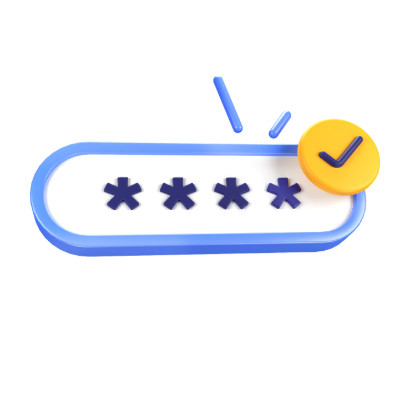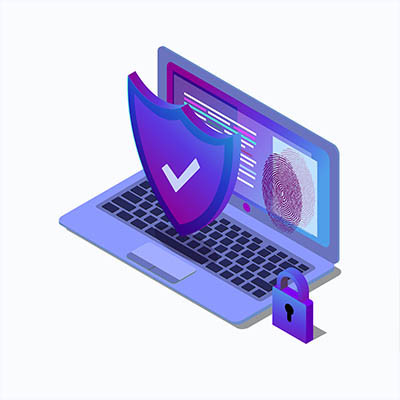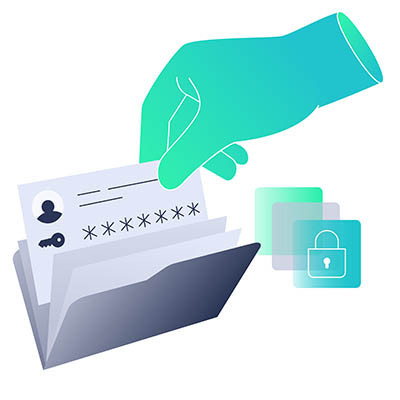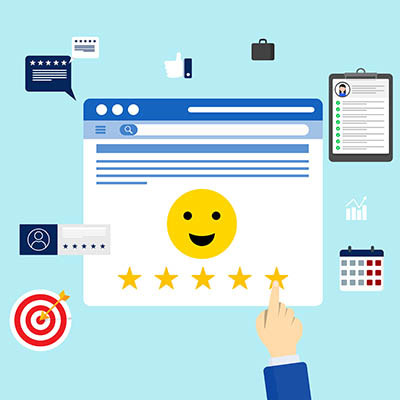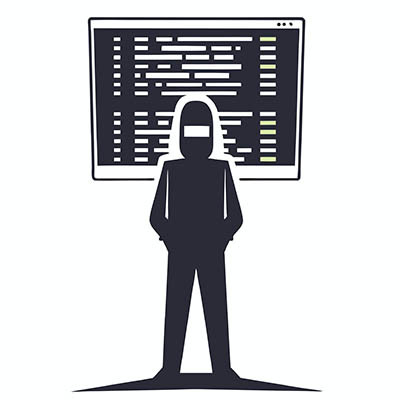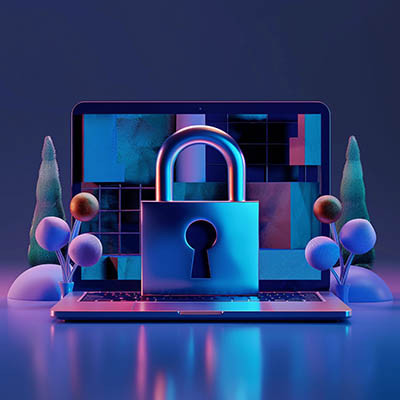PCSOFT Blog
It is 2026, and while we were promised flying cars, we mostly got smarter toasters and AI that can write poetry. Unfortunately, malicious actors got an upgrade, too. With AI-driven brute-force attacks now able to crack simple passwords in seconds, this technology just doesn't cut it anymore.
Your security is always our priority, but we are only half of the equation. You need to know how to protect yourself. Here is a quick refresher on the best practices for password creation and management to keep your digital life locked down tight.
As an IT professional, I often see a massive gap between the security protocols we build and how users actually behave. We can spend millions on firewalls and encryption, but the biggest vulnerability is almost always the human element.
In the industry, we often say that security is only as strong as its weakest link, and unfortunately, that link is often a person who simply does not realize they are being targeted. Here are four ways people remain dangerously oblivious to cybersecurity threats.
One of the inevitabilities of starting and operating a successful business is that your IT infrastructure will eventually outgrow itself. While you might have been able to start operations with just a couple of people, the same network that used to work just fine is likely bowing under the stress of additional employees and workstations. If you want to build a sustainable and reliable infrastructure, it’s best that you rely on experts who can help your company stay as competitive as possible, regardless of how much you grow.
For technology professionals, working with small businesses (SMBs) is often a balance of high-stakes problem-solving and strategic frustration. While technology has become more accessible, the gap between having the tools and using them correctly remains a primary point of contention. Let’s go through four considerations the IT pros are pressing as they enter 2026.
At its core, your business exists to provide value to your clients. While technology often feels like a behind-the-scenes necessity, it is actually the engine that drives your customer experience. By optimizing your internal operations with the right tools, you don't just work faster; you serve better.
The password has long been the most important security tool because it is the most widely used. From a backend perspective, integrating a password manager isn't just as a digital vault, it helps build a comprehensive security framework.
This month, we thought we’d explain why the password manager is a must-have for your business and how to integrate one effectively.
The purpose of your business is to deliver goods or services to your target customers or clients. To this end, you can use technology to dramatically improve operations and create a better product for your consumers. Let’s discuss how you can use technology to build better internal practices to in turn create a better customer experience.
In IT services, we often use the iceberg analogy to describe the Internet. The Surface Web, the sites you browse daily, is just the 10 percent visible above the waterline. Below that lies the Deep Web, and at the murky bottom is the Dark Web.
For a business owner, the Dark Web isn’t just a concept from a spy movie; it is a sophisticated, unregulated marketplace where your company’s data is the primary commodity (and target). If your information is down there, it’s not a matter of if someone will use it, but when.
The conversation around B2B data security is no longer about having a backup, but about whether your backup actually works when you need it most. Data backup and disaster recovery solutions were once seen as “set it and forget it” tools, but this is no longer the case. In reality, your data backup strategy is much more complex, and if you fail to give it the attention it deserves, it could result in an extinction-level event for your business.
With the new year just around the corner, you’re probably wondering what the latest cybersecurity threats will have in store for small businesses like yours. One such threat is the rise of agentic AI, which capitalizes on the weakest link in any business’ cybersecurity infrastructure: its human elements. If you already have a hard time figuring out if the person on the other end of the phone line is human, just wait… It’s only going to get worse.
You may leave the house door wide open when you step out to grab the mail. Sounds reasonable, but if a stray cat were to wander in, that was the risk you ran. The same logic applies to your digital life. Locking your computer, tablet, or phone screen is one of the simplest yet most effective steps you can take to protect your privacy and security.
The scariest threats out there are the ones that can crack your network without you even realizing it. That’s right, they’re using stolen credentials that they tricked your employees into handing over through a phishing attack. The good news, though, is that a simple multi-factor authentication solution (MFA) can be a significant step forward for your network security, and the simple act of having one makes your business much safer and less prone to cybersecurity breaches.
If you haven’t yet implemented MFA, here are three logical steps you can take to move in the right direction.
So, you’re starting a business, and every dollar goes toward growth, marketing, and making your product awesome. Technology is probably just that thing you need to check emails and run Wi-Fi.
That mindset is dead wrong.
If you treat technology as an afterthought, you're stacking the deck against yourself. Your business runs on technology, and it can either be your secret weapon or your silent killer. This month, we go into four brutal, non-technical truths you must accept about your business tech right now.
Let’s assume that, as a responsible business owner, you’ve established standard operating procedures for your employees to follow—including the tools they can officially use in the course of their tasks. That said, there is always the chance that someone encountered an issue and independently investigated and “fixed” it.
If anyone is using an unapproved tool or an external account to access and manipulate your business data, you have a problem… a problem known as shadow IT.
Antivirus is great and all, but it’s important in business to acknowledge that not all solutions you implement are equal. What seems like a good deal could actually put your business at risk. If your antivirus isn’t reliable, you can’t continue with business with the assurance that everything will be okay.
We see the endpoint—that includes every laptop, desktop, server, mobile device, and IoT gadget connected to your network—as the front line of your defense. Failing to secure every single one of these points is not just a risk; it's an invitation. You need to identify all the endpoints on your network and work to secure them. Here’s why, and how.
From the classic Nigerian Prince emails to the cleverly crafted fake invoice, malicious digital correspondence is a constant, evolving threat to any business. It's not just about losing a few dollars, either. A successful phishing attack can cripple your operations, compromise sensitive data, and even lead to devastating financial and reputational damage.
Technology unlocks incredible potential, but is also constantly stalked by an increasingly sophisticated adversary: cybercrime. For businesses of all sizes, threats are changing faster than ever, driven by new technologies and a highly organized criminal industry.
To protect your profits, reputation, and continuity, your business can no longer rely on yesterday’s defenses. You need to understand the evolution of the threat and implement a proactive, multi-layered strategy.


